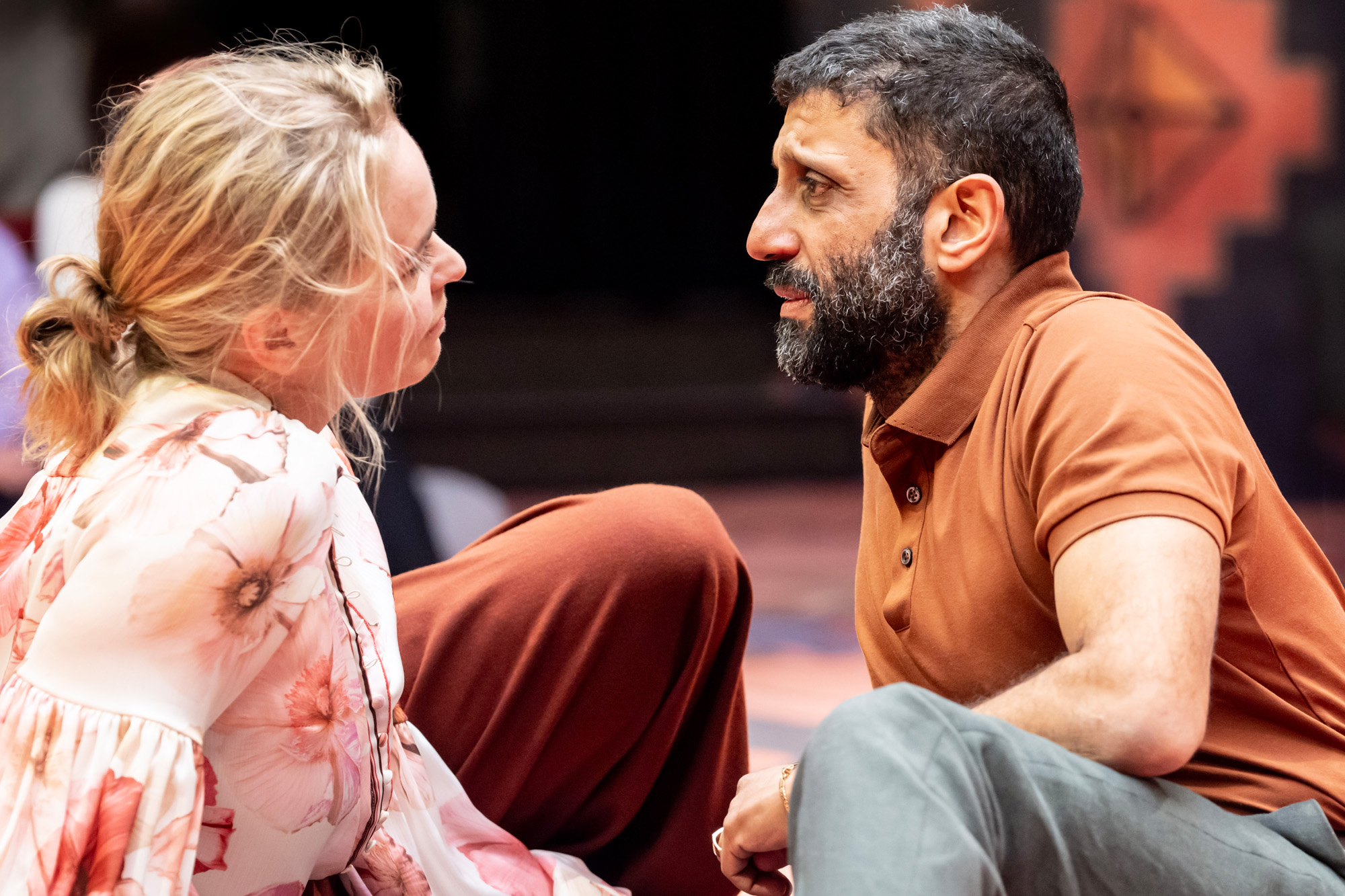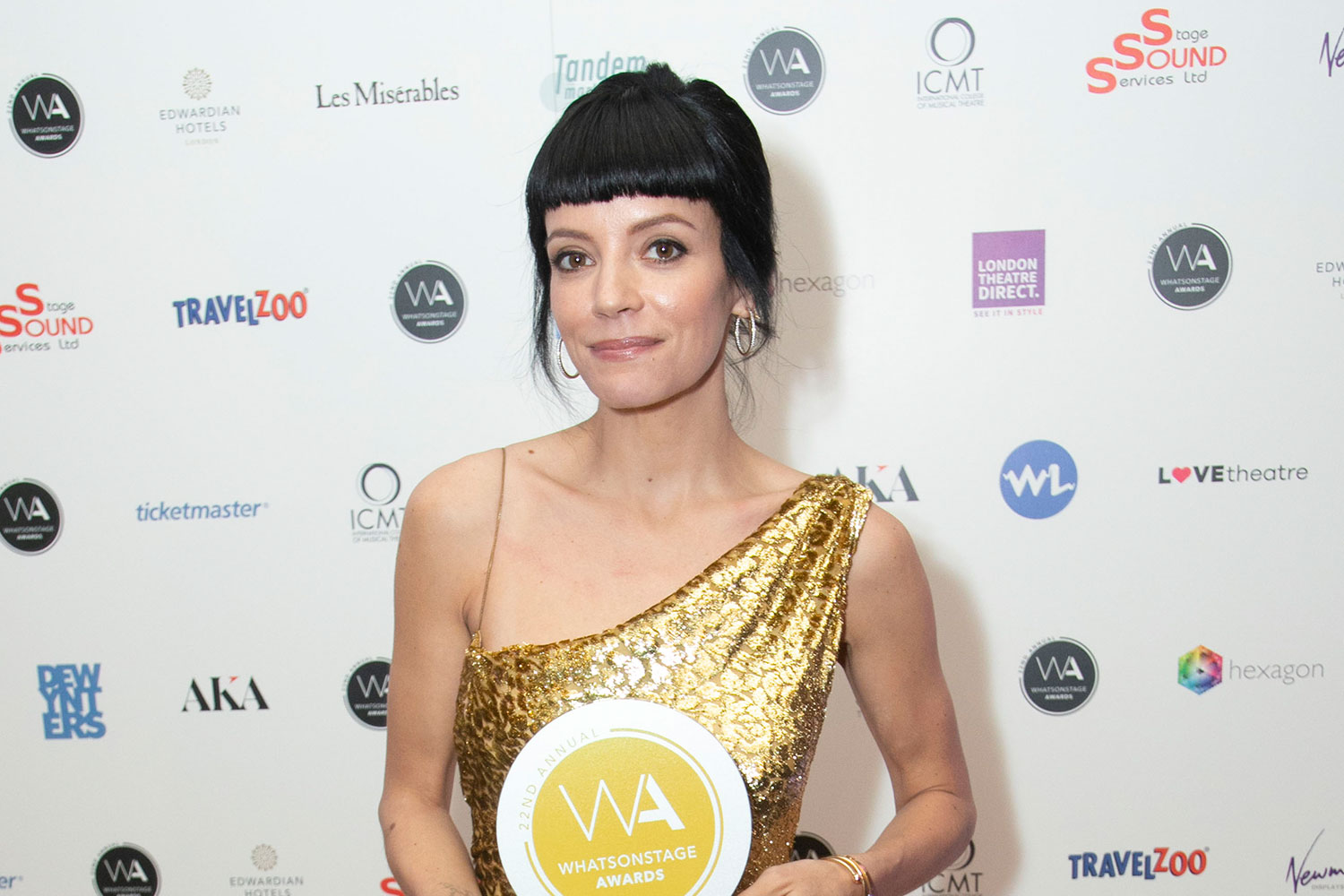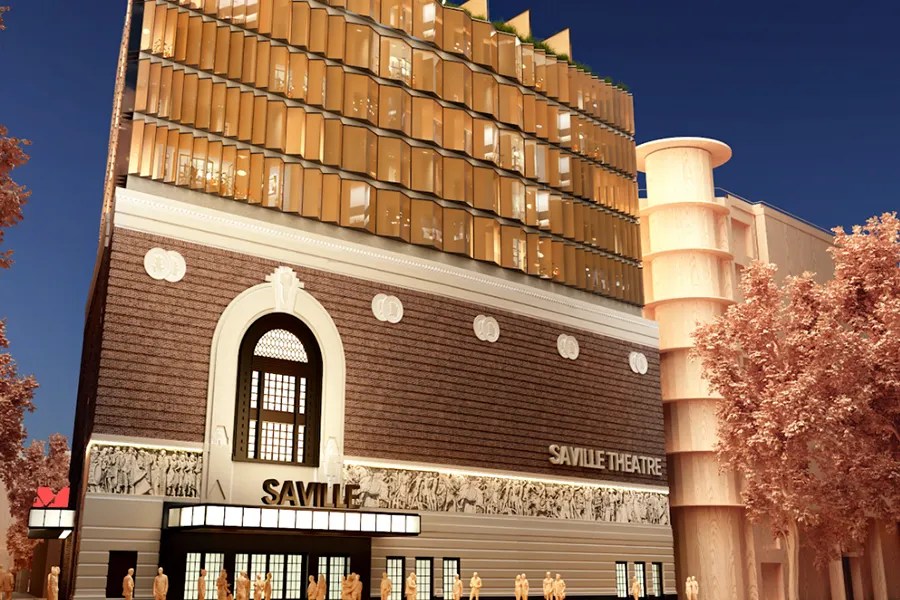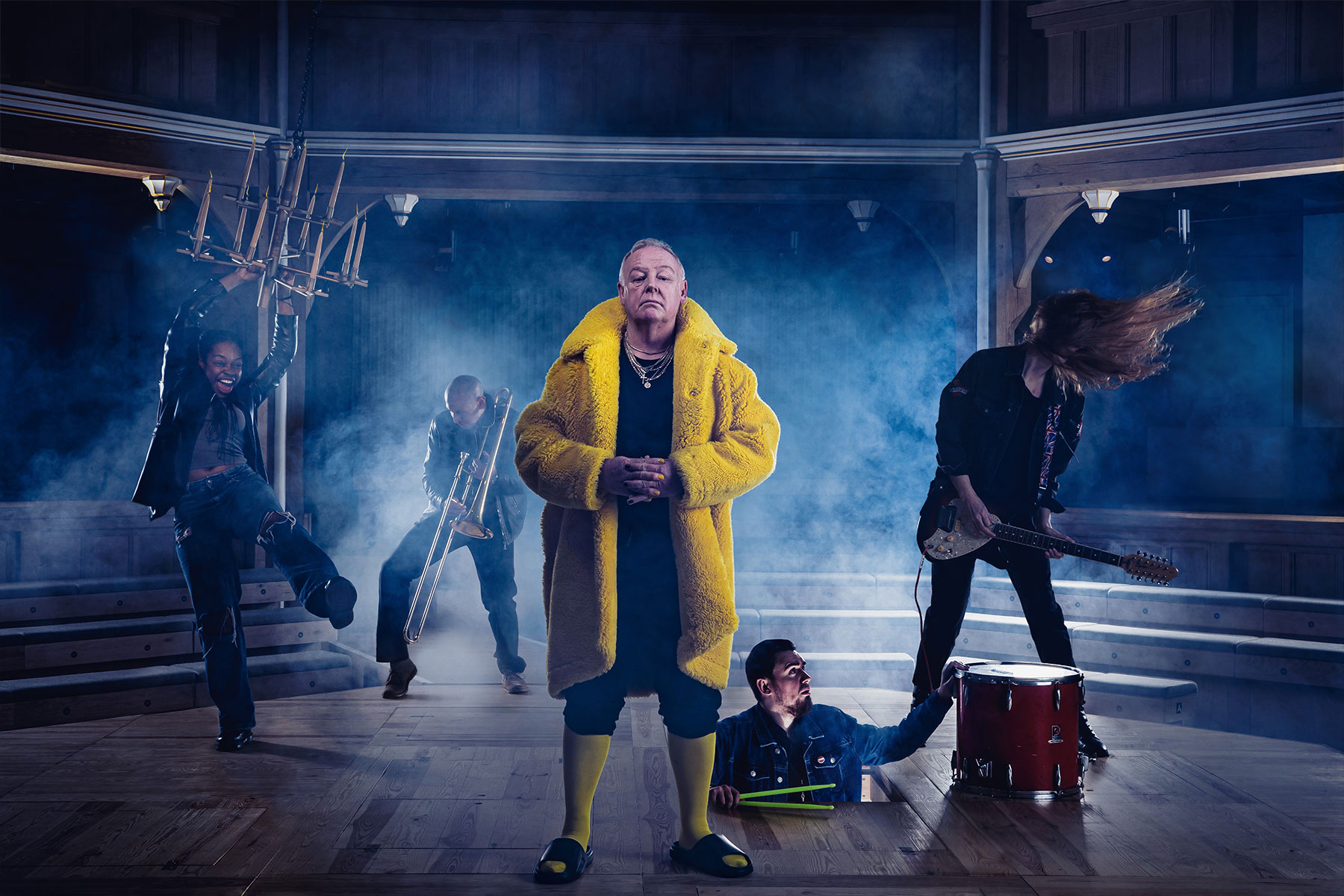La traviata (WNO)
David McVicar's La traviata looks set to become something of a classic. I reviewed this production when WNO toured it back in Winter 2012, and its fine balance between traditional and subversive elements holds up very well in this revival by Sarah Crisp.
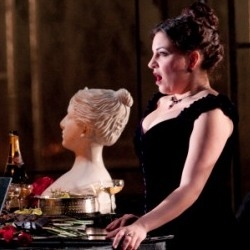
© Roger Donovan
There's no outré updating here, for in Tanya McCallin's designs we're firmly located in the demi-monde of 19th-century Paris, with only some camp matadors and unusually raunchy gypsies in Act 2 bearing witness to the Scottish director's enfant terrible pedigree.
Lavish though the production is, McVicar's Paris is indeed the 'populated desert' which Violetta decries in her great scena. This is decadence with the emphasis firmly on decay, and the leading lady in this revival perhaps enters into this more fully than her predecessor. Linda Richardson's chilly, jaded Violetta exudes ennui rather than sensual hedonism: the invocations of "gioire!" at the end of Act 1 seem hollow and hopeless, so that 'Sempre libera' became a bleak near-mad-scene rather than the usual show-stopper. Her wiry, slightly brittle soprano worked hand-in-glove with this characterisation, even if I did miss a bit of juice in the lower-middle of her range from time to time.
In the third act, Richardson suddenly morphed from a serviceable Violetta to a heart-stopping one: her delirious, exquisitely floated 'Addio del passato' had the very young girl next to me in tears, and the ugliness of the sick-bed came across with an uncompromising physicality.
The fact that she was noticeably more mature than her Alfredo had real dramatic legs (shades of Der Rosenkavalier?), but the chemistry between them was, alas, conspicuous by its absence. The young Korean tenor Ji-Min Park brought an engaging puppyishness to his early scenes, but his overall stage-presence remains rather anonymous and ultimately the two singers simply seemed too physically reserved with one another to convince.
In the earlier incarnation of this production the atmosphere at the beginning of Act Two was so headily post-coital that I felt faintly voyeuristic; Park was literally more buttoned-up here, though the scene brought his finest singing of the evening. Vocally he seemed a little unsettled earlier on, with intonation veering both ways in the Brindisi and 'Un di felice', but the basic sound is bright and pleasing with plenty of squillo (there were glimpses here and there of a bigger, more richly coloured instrument waiting to get out; perhaps French Romantic roles and controlled experiments with Verdi beckon?).
The most consistently compelling performance of the night came from the veteran baritone Alan Opie as Germont père: he's clearly lived with this role for a long time, and his palpable empathy with Richardson made their great second-act confrontation the linchpin it should be. Now nearing seventy, the voice is still fresh and firm, with no strain or rough edges in the upper reaches of the role, and stamina to burn.
Two young Welsh mezzos made considerable impact in the potentially rather thankless roles of Flora and Annina: Rebecca Afonwy Jones lit up the stage with hoydenish glamour as Mademoiselle Bervoix, whilst Sian Meinir (previously an excellent Kate Pinkerton for the company, another unobtrusive but crucial role) communicated all of Annina's weariness and frustration with the callow Alfredo. Hopefully these ladies will be given more substantial assignments in coming seasons – they both have stage presence and vocal class in spades.
Following some exquisite string-playing in the Prelude, under Simon Phillippo's baton things occasionally felt a little off-kilter in the pit. There were vague co-ordination issues with the on-stage band and between chorus and orchestra, though rapport with the soloists was solid. A fine revival of a very fine production, then, but the slightly unsettled ensemble and the crucial lack of spark between the two central characters meant that things never quite caught fire.







